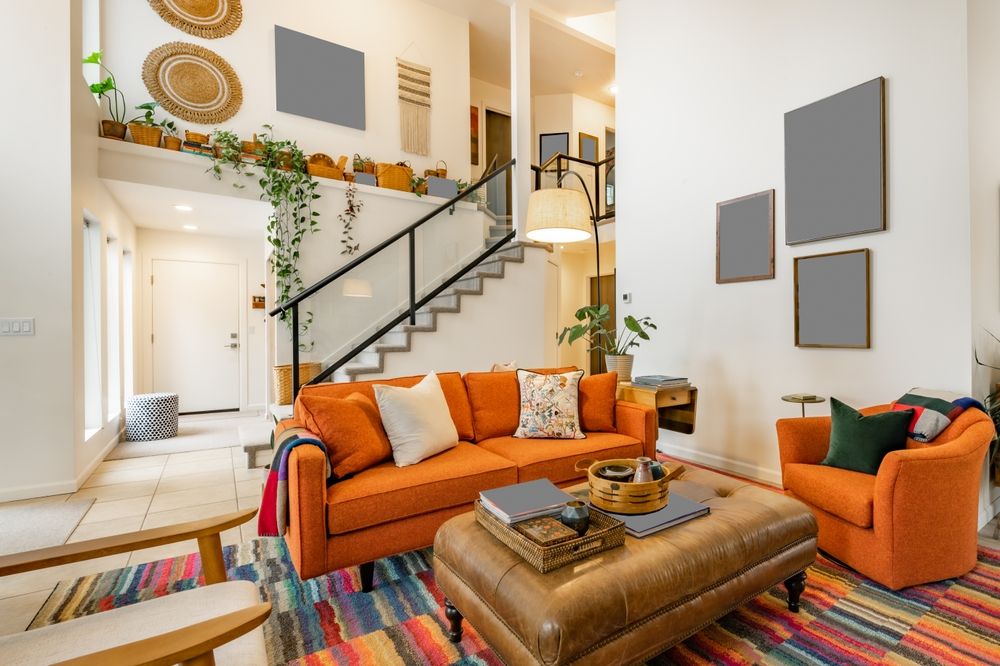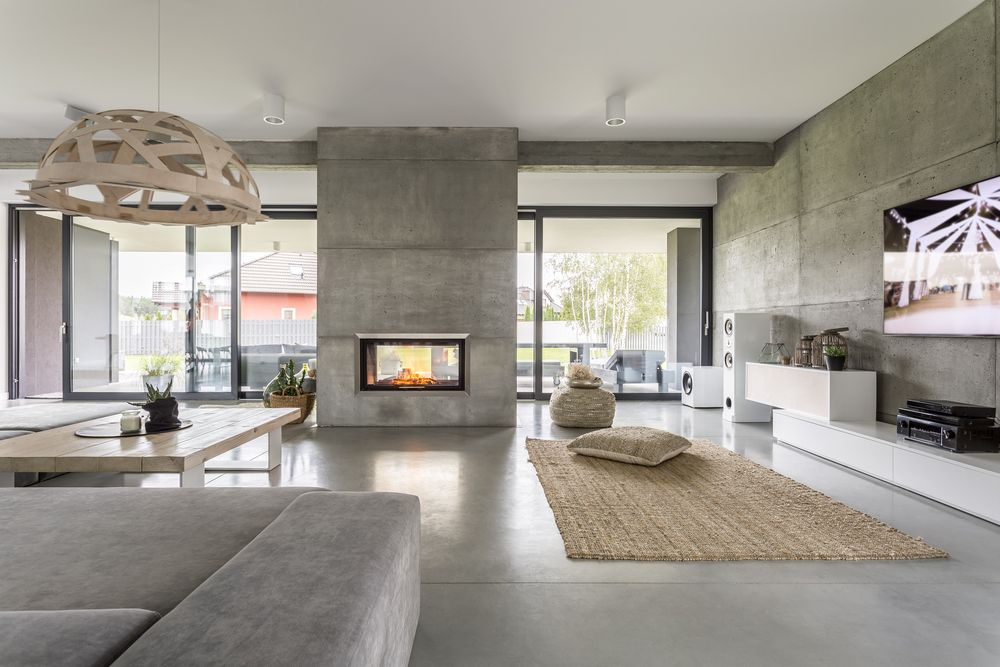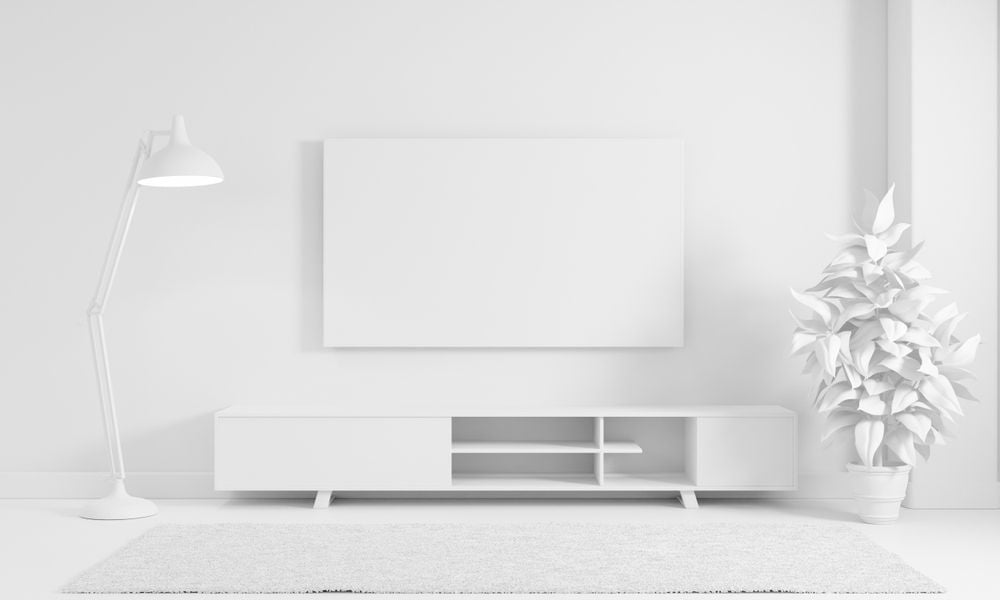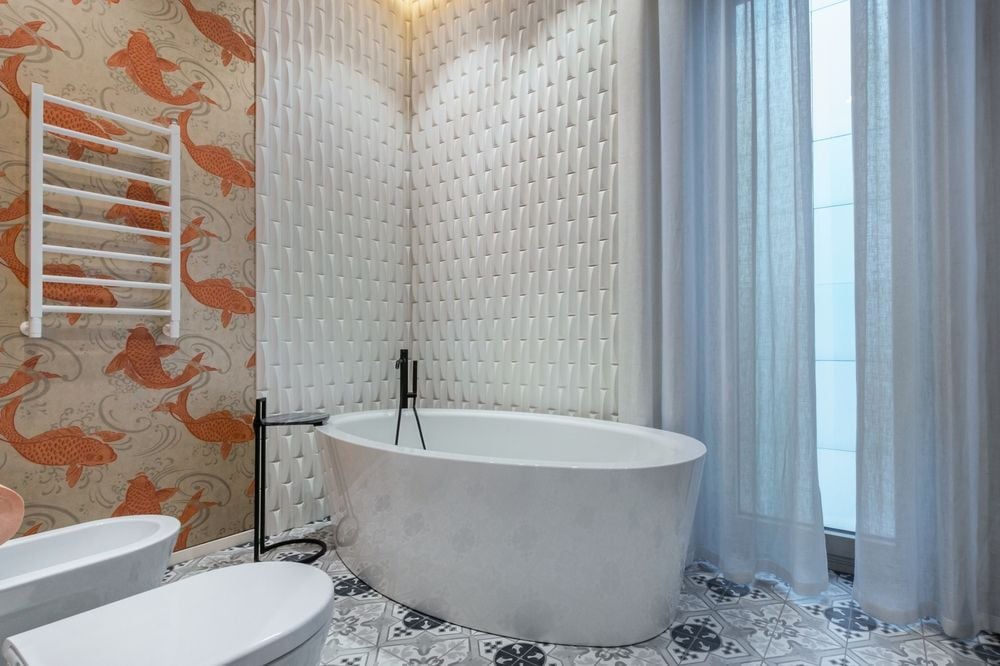
The Artful Balance of Minimalist Living: Avoid These Common Decor Mistakes
- Sep 18, 2025
Plenty of folks have a substantial yearning to adopt more minimalist ways at home, but stumble when it comes to starting out. The first small adaptation to embrace is an awareness of the belongings you choose to bring home-constitutionally, minimalists are reluctant to hoard items that don't serve an intentional purpose.
Here, three professional organizers who also embrace minimalism share insights on five sections of home décor that they've often regretted buying. Learning to resist these common pitfalls can leave your home looking more organized and free of clutter.
While each room necessitates fundamental furnishings, don't hasten to claim the first attractive sofa and consider the task accomplished. Minimalists like Michelle Parravani, co-founder of Designing with Less, avoid making the error of buying oversized furniture.
"Having furniture that is proportionally too large for your room inevitably radiates a sense of overcrowding," observes Parravani.
Rember that, indeed, less can be more. This applies not just to trivial ornamental items. Parravani advises taking an approach both in quantity and size that doesn't weigh down your living space. An accent chair and a small couch might suffice for your living room, skipping out on the oversized recliner might be wise.
Consider carefully before splurging on the most recent trendy kitchen gadget, even if it's been highly praised by your social circle.
"Piling your kitchen with random appliances with various functions is anathema to the minimalist mindset," Parravani elucidates, referring to items like bread machines and rice cookers. Her suggestion is simple – steer clear of any device that you don't plan to significantly utilize to keep your kitchen clutter-free.
According to Parravani, minimalists commonly find themselves regretting buying fashionable decor items, usually to appease fleeting urges.
"Buying with such patterns can lead to a cluttered space, which is diametrically opposed to the minimalist aesthetic," she points out.
Instead, shopping with a well-thought-out wish list and leaving behind whatever doesn't fall within that perimeter is a better approach.

Vanessa Ruiz, professional organizer at Sparkly Maid San Antonio, shares the sentiment.
"Items like these feel out of place and generally never find a practical use," she notes, adding that with time, minimalists tend to stop rationalizing these shopping missteps.
Minimalists have gradually learned to resist the allure of knick-knacks found during their travels, says Millie Naor, the founder of Bella Organizers.
"There may be a feeling that it will add value to your decor, but often, these items wind up in a storage, owing to a mismatch of style or lost excitement over the item," she discloses, referring to artworks, fabrics, and other tokens from travel.
Better to save both your money and luggage space by refusing the temptation from the start.
Minimalists have picked up the habit of prioritizing usefulness over mere beauty when shopping for home essentials, Ruiz shares.
"A typical minimalist is always on the lookout for decor or furniture that can be both functional and beautiful. If an item lacks either feature, it's bound to be disregarded or tucked away," she expresses.
It's time to pass on that makeup table that's a treat for the eyes but not tall enough for comfort. Sell it off, make room for a utilitarian setup that actually uplifts your daily life.
The same principle applies for any alluring décor lacking a specific purpose, Ruiz emphasizes.
"Such accessories obstruct vision and can be a headache when maintaining the space," she concludes.






